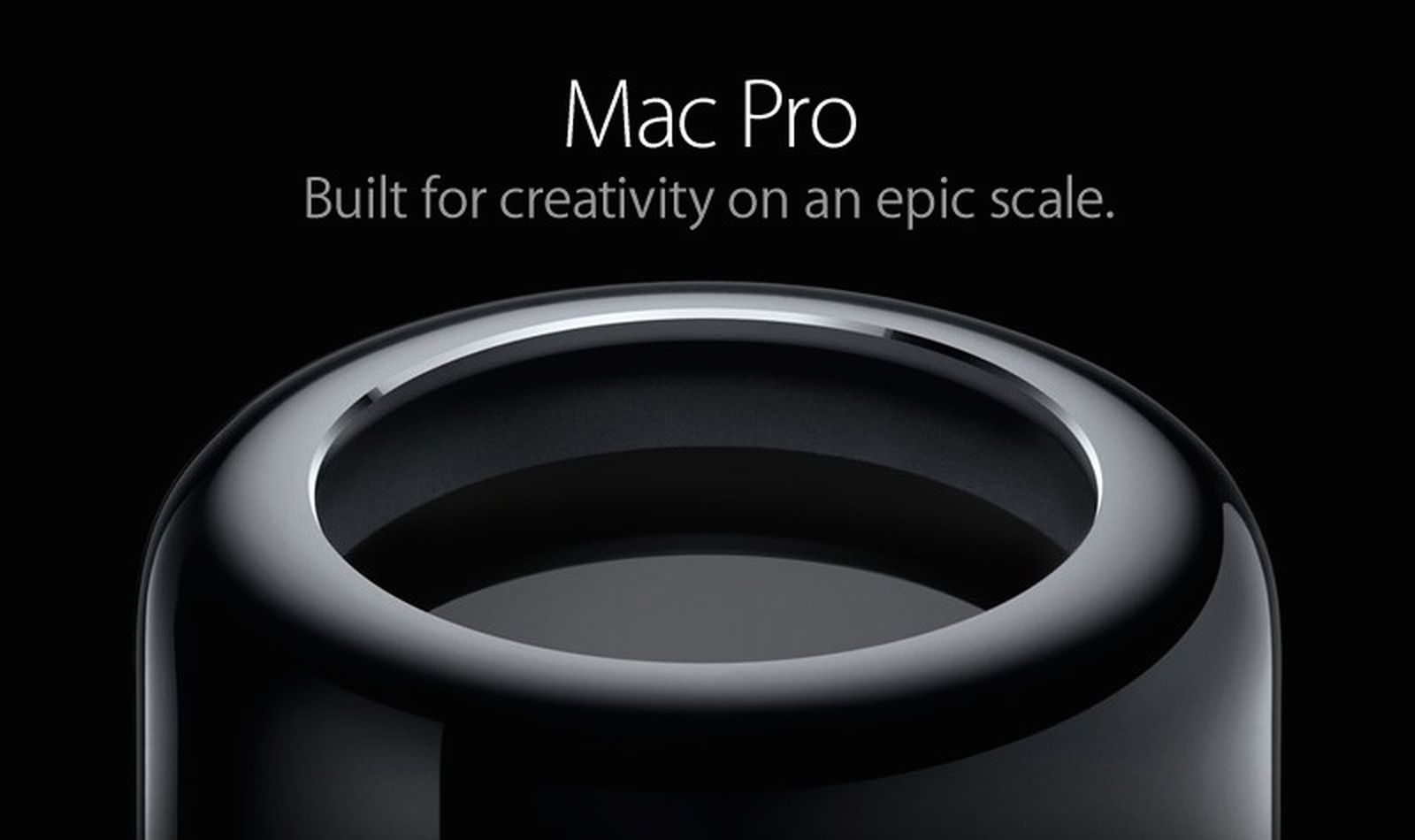It’s been just over 24 hours since OpenAI activated a new way to interact with ChatGPT. Now, users can communicate with the chatbot through phone calls or WhatsApp messagesthanks to the number 1-800-ChatGPT.
The possibility of using a language model as advanced as GPT-4o mini, with almost no technical barriers, is truly fascinating. We no longer even need to have access to a web browser or a mobile phone compatible with the official chatbot application.
Just add the ChatGPT phone number to our contacts to chat with him through WhatsApp. We can even make a phone call from any phone (currently in the United States and Canada), even a rotary phone.
So far everything sounds great, right? And it probably is. However, when using a service like this it is a good idea to be fully aware of what happens to our data. Are they collected? For how long? This is what we know.
What happens to our 1-800-ChatGPT calls and conversations?
When we use 1-800-ChatGPT, OpenAI warns us that if we decide to continue we are accepting its conditions and privacy policy published on openai.com. In addition, it explains that “conversations may be reviewed for security reasons.”

When we use 1-800-ChatGPT we are accepting the terms of service
Finding an answer on the artificial intelligence (AI) company’s official website, at least at the time of writing this article, is not so simple. The conditions and privacy policy are not visible in the foreground on the aforementioned OpenAI page.
We are faced with a overwhelming amount of information which includes products, news and more. Once we finally get to the European terms of use and data use policy page, it is not easy to understand its scope.


What we see when we visit openai.com looking for information about its data practices
The first document has a section dedicated to “Our Use of Content.” It is mentioned there that the company may use ChatGPT content to, among other things, improve its services, and that we can opt out.
Certainly, that is a valid option when you can access the settings of data controls from the ChatGPT web or application. But, as we have seen, these settings do not seem to be available in 1-800-ChatGPT.
We have not been the only ones who have asked ourselves this question and, apparently, we have not found a clear answer in the documentation. Fortune asked OpenAI about this section and received a response.
A company spokesperson said they don’t use 1-800-ChatGPT’s “calls, call transcripts and WhatsApp messages” to train your models. For this reason the option to opt out is meaningless.
OpenAI does not use 1-800-ChatGPT calls, call transcripts, and WhatsApp messages to train its models.
It may be curious that this information is not easily found on the OpenAI page. The General Data Protection Regulation (GDPR), for example, requires companies to show their data practices in a clear and accessible way.
But tell it to Netflix, which recently received a fine of 4.7 million euros for not reporting clearly what it did with user data between 2018 and 2020. Although the streaming giant, it should be noted, has appealed the decision.
Returning to the topic of OpenAI, now that it is clear to us that the company does not use our 1-800-ChatGPT interactions for training purposes, it is important to note that the data is retained temporarily.

In another official article, the company explains that stores callstranscripts of calls and WhatsApp messages from 1-800-ChatGPT “for a limited period of time for security and abuse prevention reasons.”
The data is stored in data centers of OpenAI providers in different parts of the world. In addition, fragments of these may be sent to “trusted providers.” They can also be reviewed by humans.
Images | WorldOfSoftware with Image 3 | OpenAI
In WorldOfSoftware | After two years using ChatGPT I have started asking for personalized advice. He clearly knows too much about us


/cdn.vox-cdn.com/uploads/chorus_asset/file/25472452/STK270_GOOGLE_MAPS_B.png)








